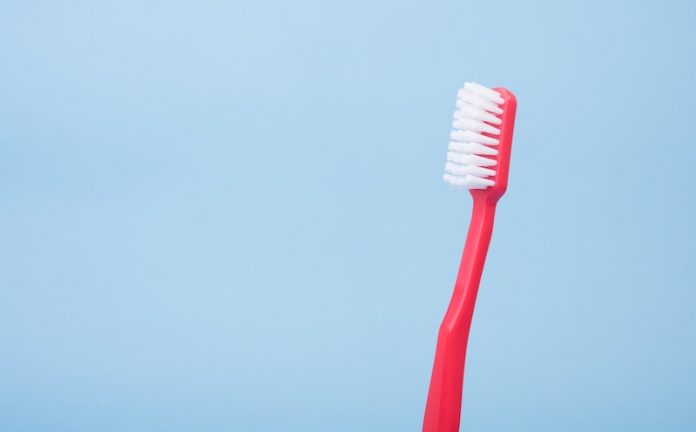
Recent studies increasingly demonstrate the importance of the throat and salivary glands as sites of virus replication and transmission in early COVID-19 disease.
SARS-CoV-2 is an enveloped virus, characterized by an outer lipid membrane derived from the host cell from which it buds.
While it is highly sensitive to agents that disrupt lipid bio-membranes, there has been no discussion about the potential role of oral rinsing in preventing transmission.
In a recent review study at the Cardiff University and elsewhere, researchers found that readily available dental mouthwashes may help destroy the lipid envelope of coronaviruses, combating virus replication in the mouth and throat.
They conclude that there is an urgent need to test the effectiveness of this approach in clinical studies.
The study is published in the journal Function.
In the study, the team reviewed known mechanisms of viral lipid membrane disruption by widely available dental mouthwash components that include ethanol, chlorhexidine, cetylpyridinium chloride, hydrogen peroxide, and povidone-iodine.
They also tested existing formulations for their potential ability to disrupt the SARS-CoV-2 lipid envelope, based on their concentrations of these agents, and concluded that several deserve clinical evaluation.
The researchers say if the strategy is deemed effective, it should still work against any new coronavirus strains that emerge.
This article is the first of a new style review article, with conclusions entirely based on precisely referenced original peer-reviewed studies.
Copyright © 2020 Knowridge Science Report. All rights reserved.



